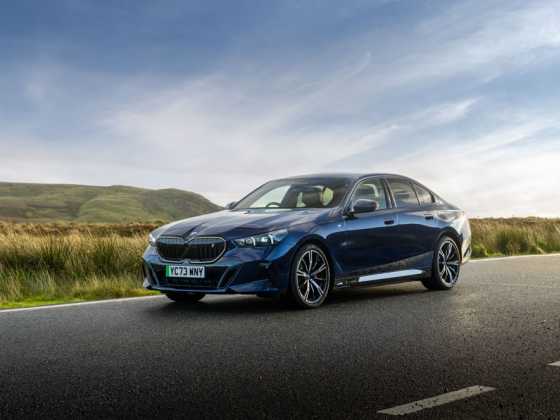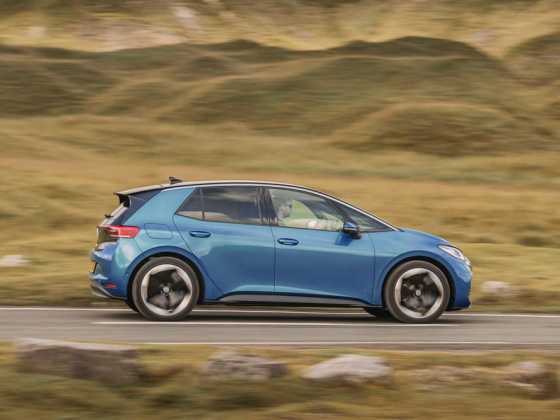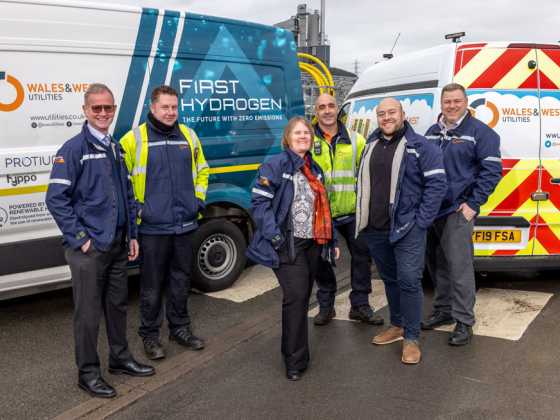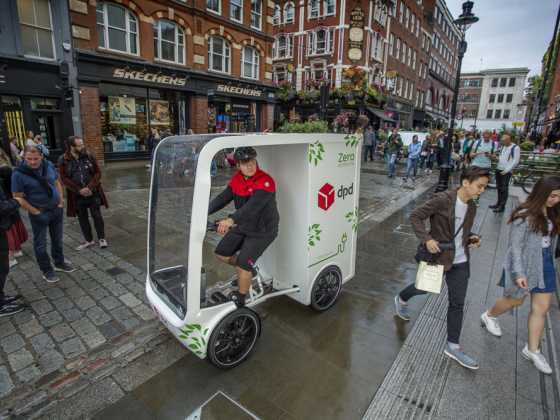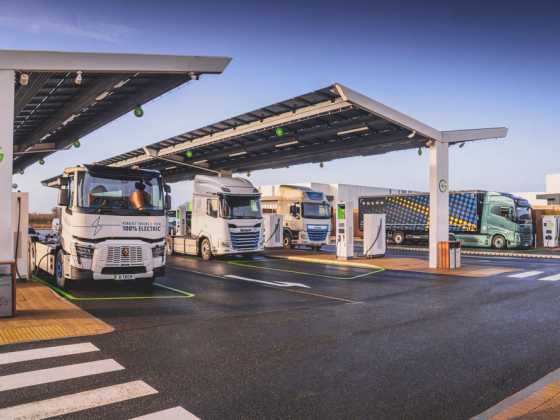Managing the emissions crisis: an update
Following Volkswagen’s dieselgate revelation, GreenFleet updates us on the wider impact the emissions disrepute has had on the automotive industry, including the manufacturers implicated and the disclosure of further emissions data.
 Since the Volkswagen (VW) emissions crisis, where it was unveiled that VW had cheated emissions tests by programming its engines to alter emissions output during laboratory testing, a series of investigations have been launched into how such misconduct could have been allowed to occur, and the extent to which the falsified techniques have been used.
Since the Volkswagen (VW) emissions crisis, where it was unveiled that VW had cheated emissions tests by programming its engines to alter emissions output during laboratory testing, a series of investigations have been launched into how such misconduct could have been allowed to occur, and the extent to which the falsified techniques have been used.
It was reported by German newspaper Handelsblatt that the so-called defeat software was originally created by fellow German manufacturer Audi in 1999, long before it was used by VW to manipulate emissions tests. However, after VW engineers were unable to meet standard nitrogen oxide (NOx) emissions thresholds, VW began installing the software in the engines of 11 million diesel cars, including its own models as well as those in its, Audi, Porsche, Skoda and Seat brands.
Interestingly, a report conducted by Emissions Analytics, which independently examined the best and worst diesel cars for NOx emissions, suggested that the VW Group actually performed best, with its Audi A5, Skoda Superb, Volkswagen Passat and Scirocco scoring A grades on the Equa Air Quality index. The Equa index was designed to provide impartial real-world data regarding the level of NOx emissions emitted during real-work tests. Vehicles graded with an A rating emitted between 0-0.08g/km of NOx. On the other end of the spectrum, the worst Euro 6 diesels included the Ssangyong Koran, Fiat 500X and the 2013 Audi A8, which scored H grades, emitting over 1.00g/km of NOx.
Recalls and repercussions
Despite VW saying that it had begun software modifications to some of its affected models, the manufacturer is yet to fix any of the 1.2 million cars in Britain which have been flagged up by the scandal. Robert Goodwill, minister at the Department for Transport (DfT), maintained that VW has not begun fixing the software in affected cars and will need to have its suggested ‘modification fix’ approved by the DfT before it can be carried out.
The German carmaker also recently announced that it had agreed a deal with US officials which involved either buying back or fixing around half a million over‑polluting diesel cars, in addition to setting up environmental and consumer compensation funds. Since making this announcement, Transport Secretary Patrick McLoughlin has pressured VW to explain why it is offering compensation to affected car owners in the US but not in the UK.
Paul Wills, VW’s UK managing director, responded by maintaining it was ‘not necessary’ to compensate consumers in the UK, claiming the money would be better spend ensuring software modifications were carried out with as little inconvenience to the customer as possible.
Financially, VW has suffered a substantial loss of around £3.2 billion for the year 2015, with the emissions scandal predicted to have cost almost £13.2 billion.
Although the manufacturer had made considerable provision for the costs of repairs, compensations and fines, negotiations are ongoing as to exactly how much the company will need to pay out in the long run. In fact, the Group’s risk report has floated that the funding required to compensate for the risks may result in the selling of some of VW’s assets.
Nonetheless, Matthias Müller, VW chairman, has maintained a reasonably hopeful outlook: “The current crisis – as the figures presented also reveal – is having a huge impact on Volkswagen’s financial position. Yet we have the firm intention and the means to handle the difficult situation we are experiencing by using our own resources.”
Eric Bristow, fleet manager – service division at Hobart UK, said of the ongoing diesel emissions crisis: “It is very disappointing that, in an industry that is recognised to be built on trust, a company has gone out of its way to mislead it’s customers. Additionally, the fact that they are unable to rectify the problem within the time frame it initially advised, is concerning. However, as a result of this, HobartUK have brought forward its program to replace diesel cars with petrol hybrid.”
He also called for an independent testing body: “We have always known that the claimed mpg figures used by manufacturers were obtained under ‘ideal conditions’. With the gap between real world MPG and the manufacturers claims becoming further apart, I think it would be a positive step forward for an independent body to be solely responsible for providing real world mpg and emissions.”
Just the tip of the iceberg
As mentioned in GreenFleet issue 88, a number of campaigners, including Greg Archer of the Transport & Environment Campaign, had warned that ‘VW’s admission was just the tip of the iceberg… there will be more companies embroiled in this’.
Manufacturers which are currently implicated by the ongoing investigations also include Mitsubishi Motors, which recently admitted to using fuel economy testing methods which were 25 years out of date. The Japanese car manufacturer claimed that aggressive internal targets may have pressurised employees into overstating the fuel economy figures. So far the group has admitted to manipulating the test data for four domestic mini-vehicle models, including the Mitsubishi eK Wagon and the eK Space, as well as cars it builds for Nissan, the Dayz and Dayz Roox.
Several raids have since been carried out at the company’s research and development facilities. Since the admission, a committee of external emissions experts has been set-up to investigate the extent of the misconduct. While none of the affected vehicles have been sold in Europe, US authorities have ordered that Mitsubishi retest the emissions figures of models sold in the country.
Nissan initially notified Mitsubishi of the discrepancy in values, and, as GreenFleet went to press, had taken a 34 per cent equity stake in Mitsubishi for 237 billion yen.
Among other brands, Fiat has also been highlighted as maintaining emissions irregularities. It has been reported that the Italian manufacturer may have cheated tests by engineering its NOx control systems to operate only for the first 22 minutes after the car has been started. The time-period is also just long enough to maintain correct emissions targets for the duration of the test, which lasts around 20 minutes.
Furthermore, it has been revealed that the German government has issued a recall for 630,000 cars across Europe after finding emissions irregularities in vehicles manufactured by Mercedes, General Motors’ Opel unit and Volkswagen Group. In total, 53 car models were tested, although only VW branded cars were found to have software which altered emissions data. Nonetheless, the investigation highlighted other cars which used technology, supposedly used to protect the engine from over-heating, that switches off emissions treatment systems at certain temperatures.
Germany’s Transport Minister Alexander Dobrindt said it was unlikely that over-heating concerns were the only reason for utilising the software. The companies have agreed to carry out a voluntary recall to service the cars with a software tweak. The KBA, the German authority responsible for traffic regulation, will then retest the cars to make sure they are in compliance.
Not fit for purpose
Following the emergence of such irregularities, the UK government has released the long‑awaited results of its investigation into automotive emissions. In carrying out the research, the government has spent a considerable £1 million of taxpayer’s cash, in order to identify whether other manufacturers have used defeat software to manipulate emissions test data in a similar manner to that of VW.
Ultimately, the report concluded that the investigations had not detected the use of such manipulation strategies in other carmakers, but warned that almost all of Britain’s most popular diesel cars were found to emit up to twelve times the test’s limits when on the roads. The report instructed that the current testing procedure was simply ‘not fit for purpose’ and was branded sub-standard.
Many critics reacting to the findings accused vehicle manufacturers of playing the system, while others continued to berate the system itself, blaming the emissions testing technology as inaccurate and outdated. In particular, the European Automobile Manufacturers’ Association (ACEA) claimed it had ‘been advocating for many years an updated laboratory test, as well as an additional new test to measure pollutant emissions on the road’.
Julia Poliscanova, clean vehicles and air quality manager at Transport & Environment, said of the industry testing exemptions that allow carmakers to switch off exhaust after‑treatment systems: “The investigations in the UK and Germany prove once again the impunity of the car industry and the inability of national authorities to bring it to account.
“Governments are letting industry off the hook. Just as carmakers cannot switch off braking systems to preserve the life of braking pads, they shouldn’t switch off after-treatment systems that control pollution in most road conditions in Europe. This is not a victimless crime: 72,000 people die prematurely every year in Europe, choked with diesel fumes.”
Restoring trust in the system
Answering such criticisms, the government has secured a new European Real Driving Emissions (RDE) testing regime, which will aim to give a more representative account of real-life conditions. The test was set to arrive in 2017 – more than 10 years after it was first mooted. However, reported delays mean that the more rigorous test may not actually become law until 2020 and car manufacturers have put forward the case that diesel engines are costing them more to pass the ever‑stricter tests.
As it stands, the discrepancy between World Harmonised Light Test Cycle and Procedures (a test due to replace the outdated NEDC test) and RDE stands at 400 per cent.
Erik Jonnaert, ACEA secretary general, said: “These results show again that we now need to move forward with the new testing conditions in order to bridge the gap with the lab test, RDE represents a tremendous effort for Europe’s car manufacturers, both in terms of investments and production, but our industry will take up this challenge.”
Further Information
bit.ly/220g3N0

